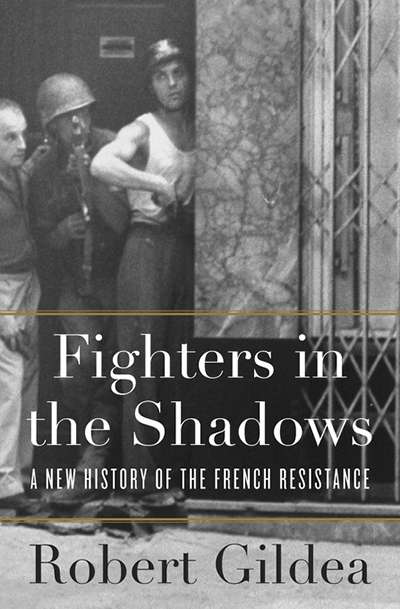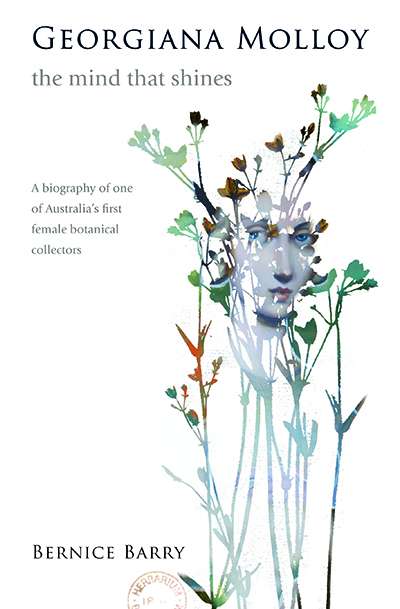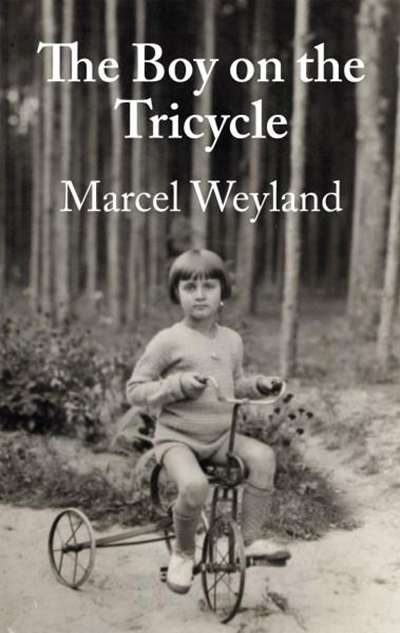Non Fiction
Claire Halliday's Things My Mother Taught Me opens thus: 'History is a personal thing.' But in this book – a collection of interviews with famous Australians about ...
... (read more)From the Outer: Footy like you've never heard it edited by Alicia Sometimes and Nicole Hayes
'With time,' writes Australian Rules Football goal umpire Chelsea Roffey, 'I wrapped my lady brain around the mathematics of scoring.' Roffey's account of ...
... (read more)Advanced Australia: The politics of ageing by Mark Butler
Even before I'd finished talking, hands shot up from the grey heads in the audience. 'I'm very concerned,' said the jowly chap with the sailor's suntan, 'that advances ...
... (read more)Fighters in the Shadows: A new history of the French Resistance by Robert Gildea
Charles de Gaulle remains, for many, the quintessence of Gallic defiance through the dark years of World War II. Not only did he symbolise the famed resistance, he ...
... (read more)In a Different Key: The story of Autism by John Donvan and Caren Zucker
There may or may not be an epidemic of autism, but the idea of 'autism' has been remarkably catching. Once understood as a vanishingly rare condition, identified only in 1943 ...
... (read more)By the end of the eighteenth-century, botany was one of the few sciences regarded as suitable for women. Carolus Linnaeus had infamously ...
... (read more)I hazard a guess that more books are published on Anzac – the day, the legend, the myth – than on any other subject in Australian history. The least of these ...
... (read more)The dislocation of international travel often prompts spontaneous moments of clarity, sparking a renewed awareness of where one is at in life ...
... (read more)The Boy on the Tricycle by Marcel Weyland & The May Beetles by Baba Schwartz
Memoirs of Eastern European children of the 1920s could hardly be more different than this pair. The old age Marcel Weyland describes in The Boy on the Tricycle ...
... (read more)Dancing to His Song: The singular cinema of Rolf de Heer by Jane Freebury
More has been written about Rolf de Heer than about most Australian film directors of his generation, but Jane Freebury's Dancing to His Song contains ...
... (read more)









